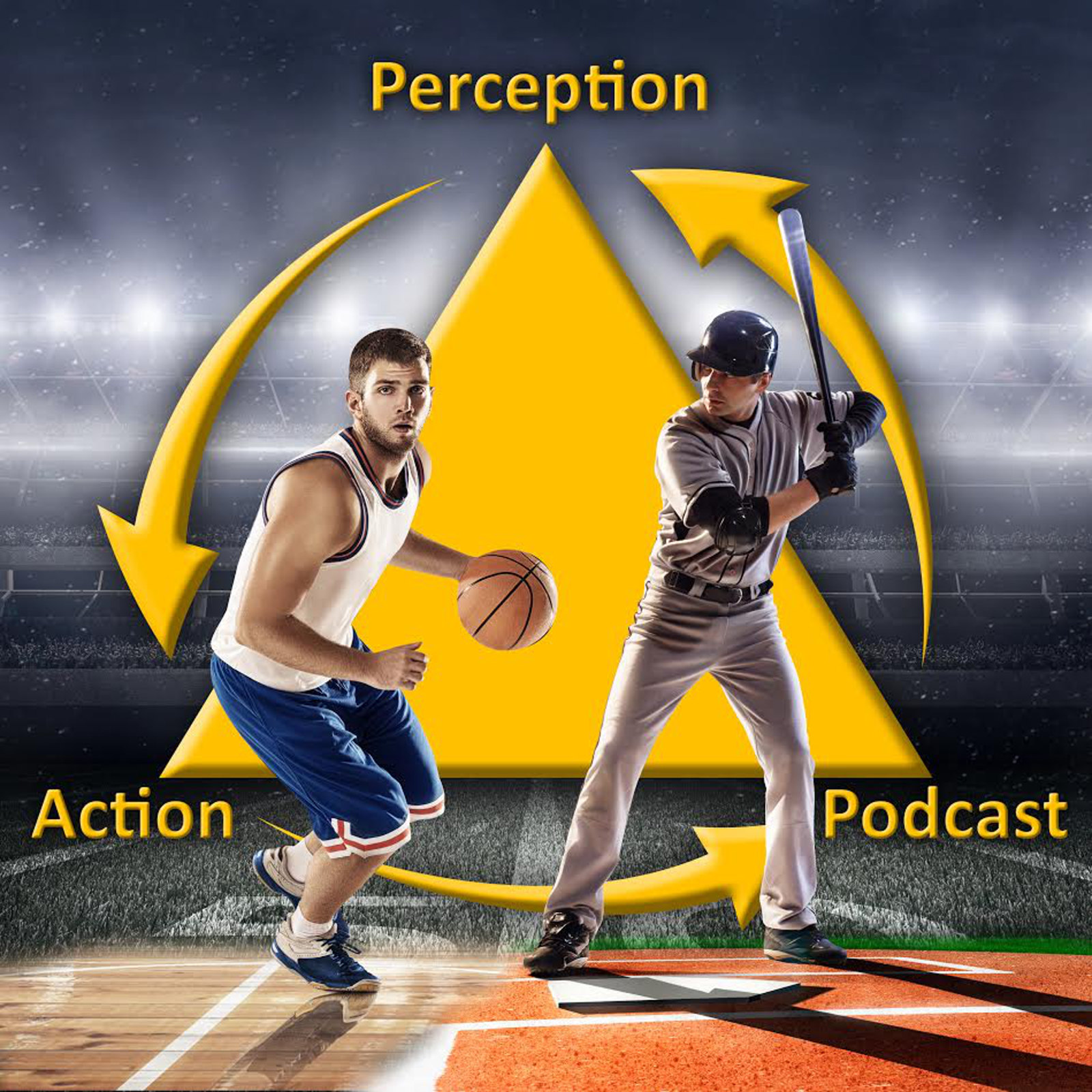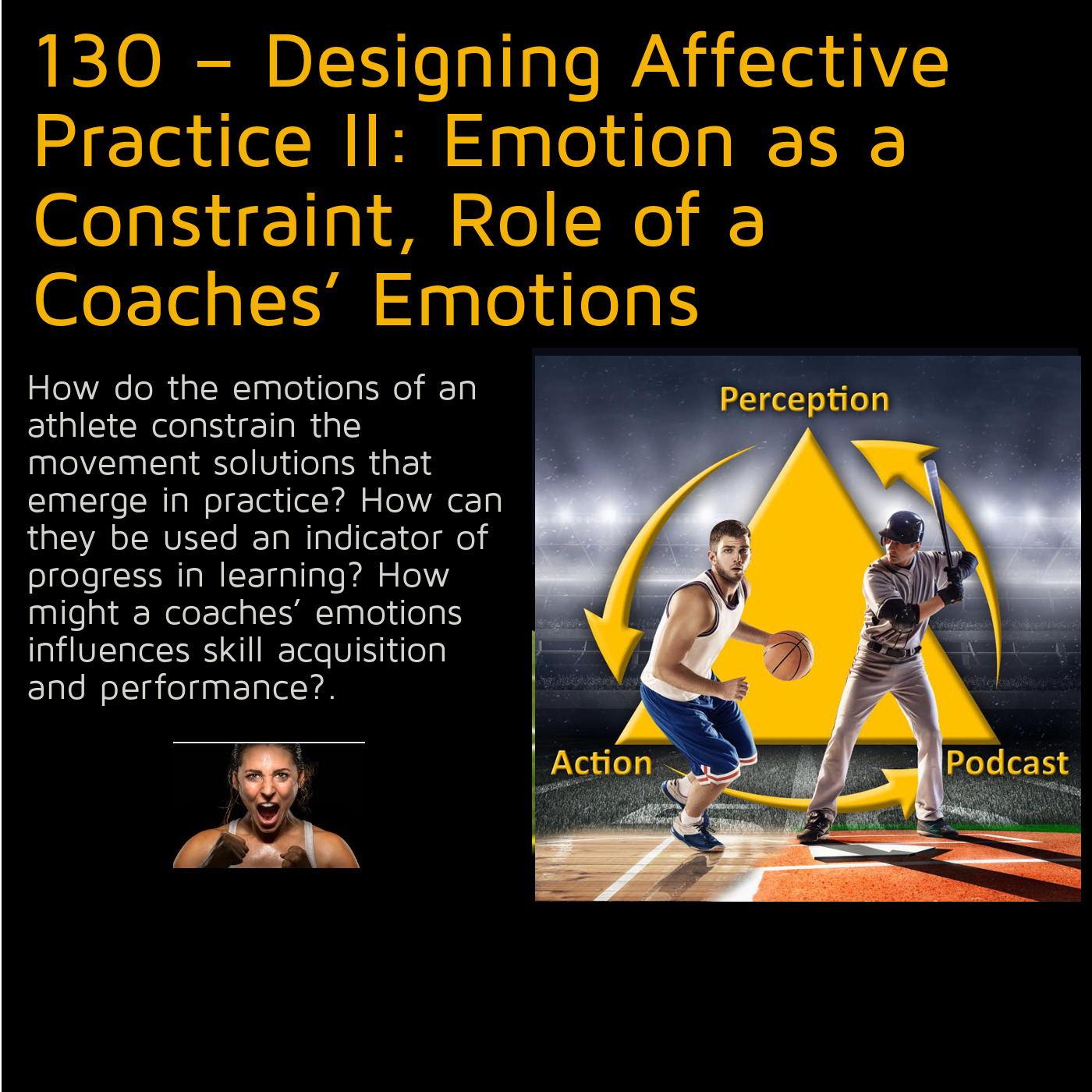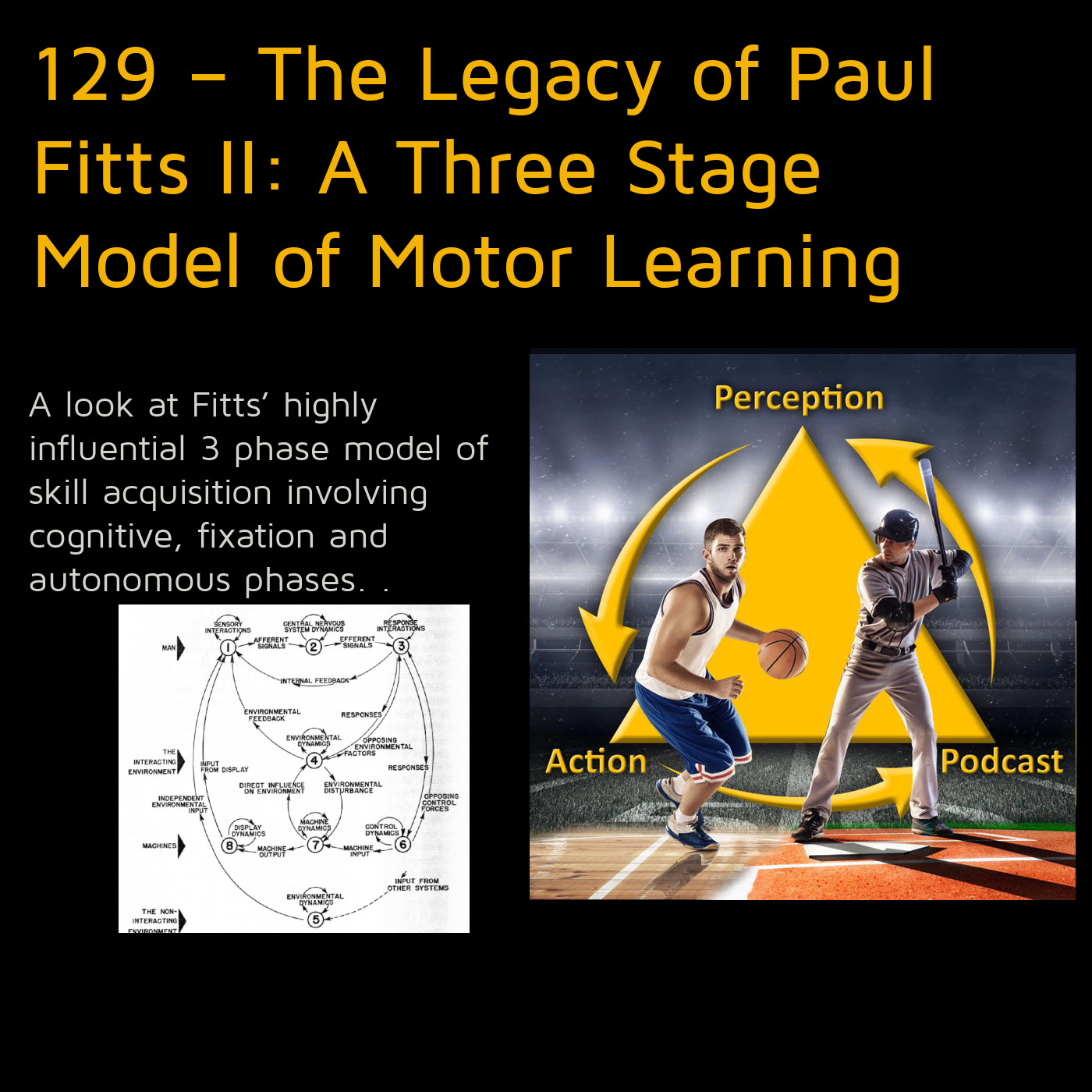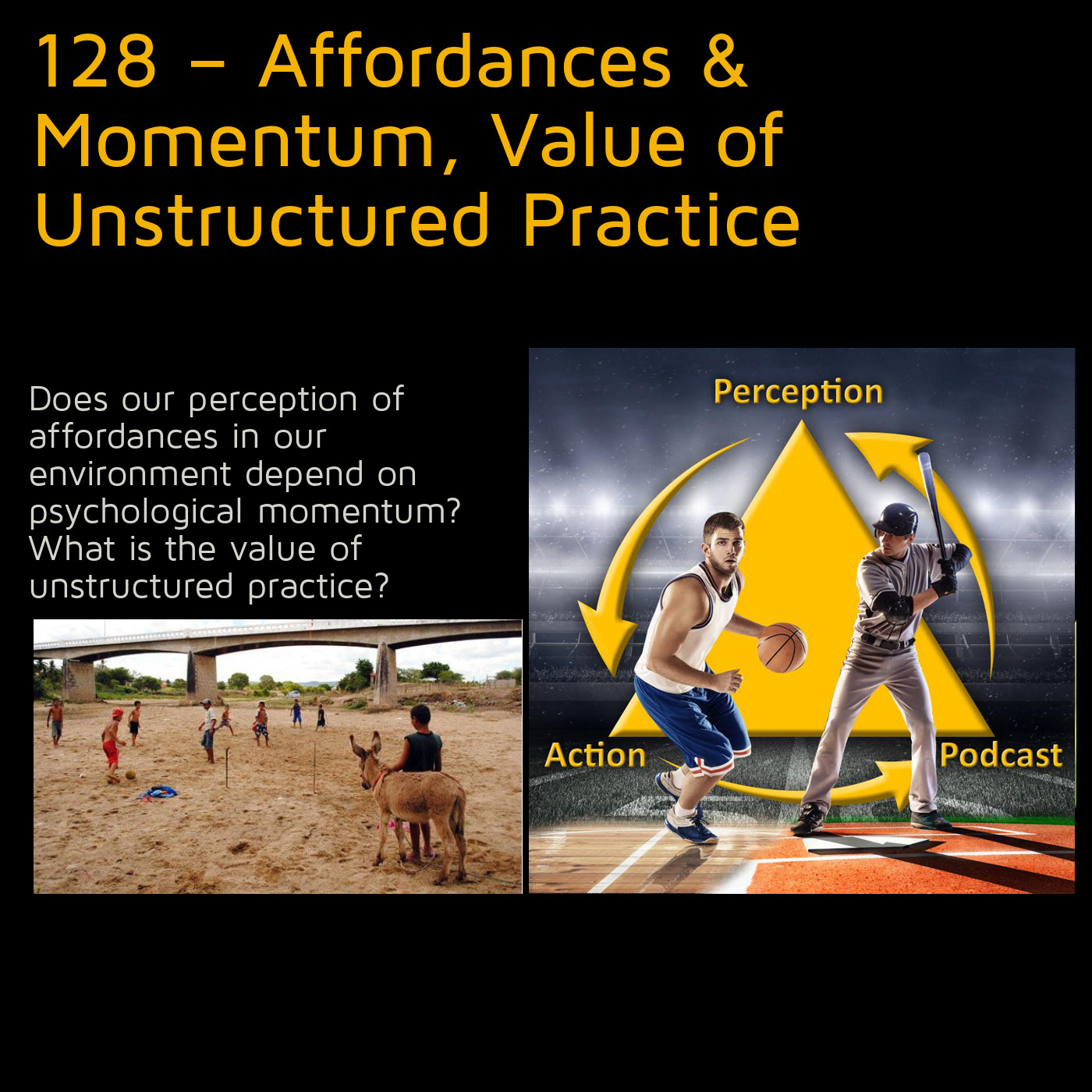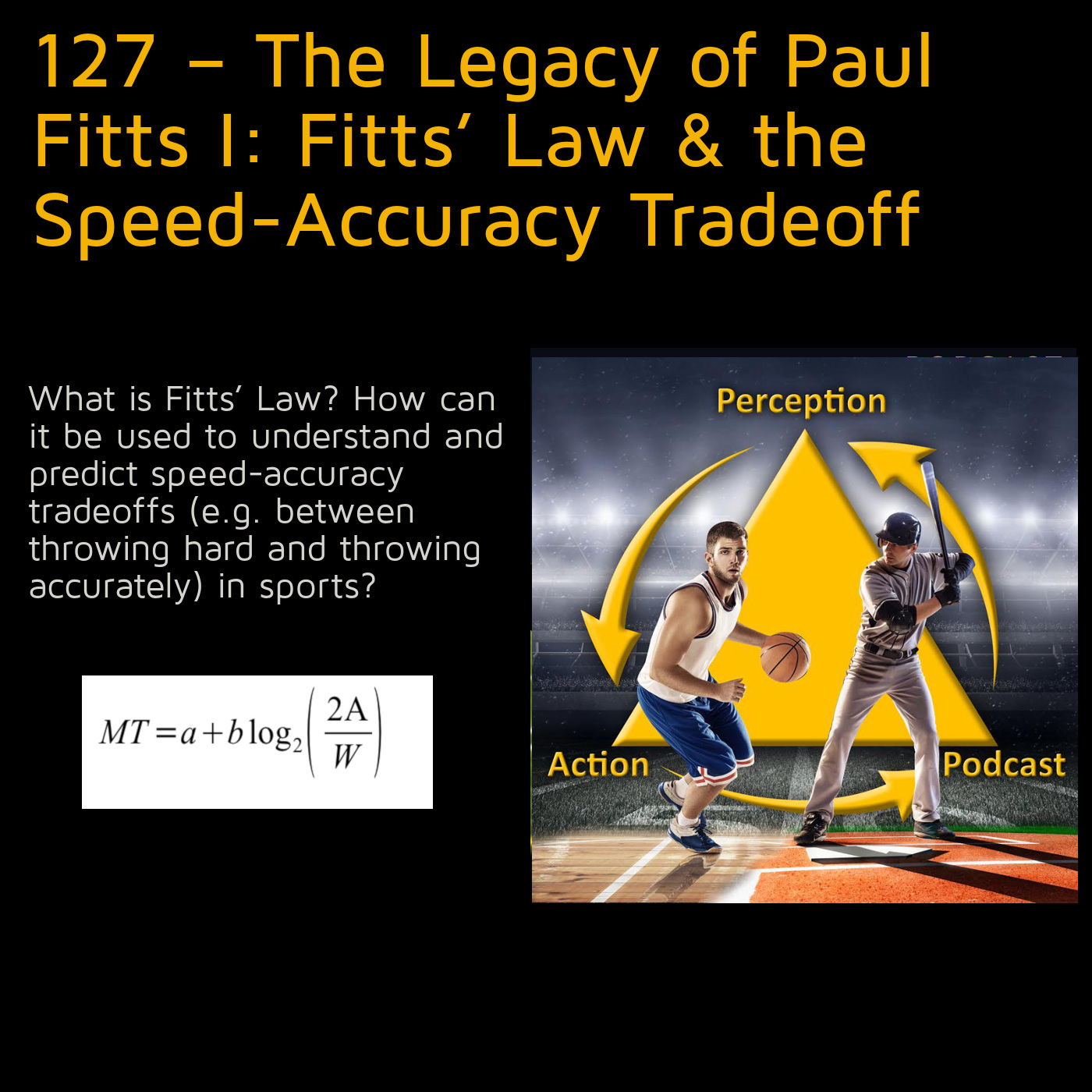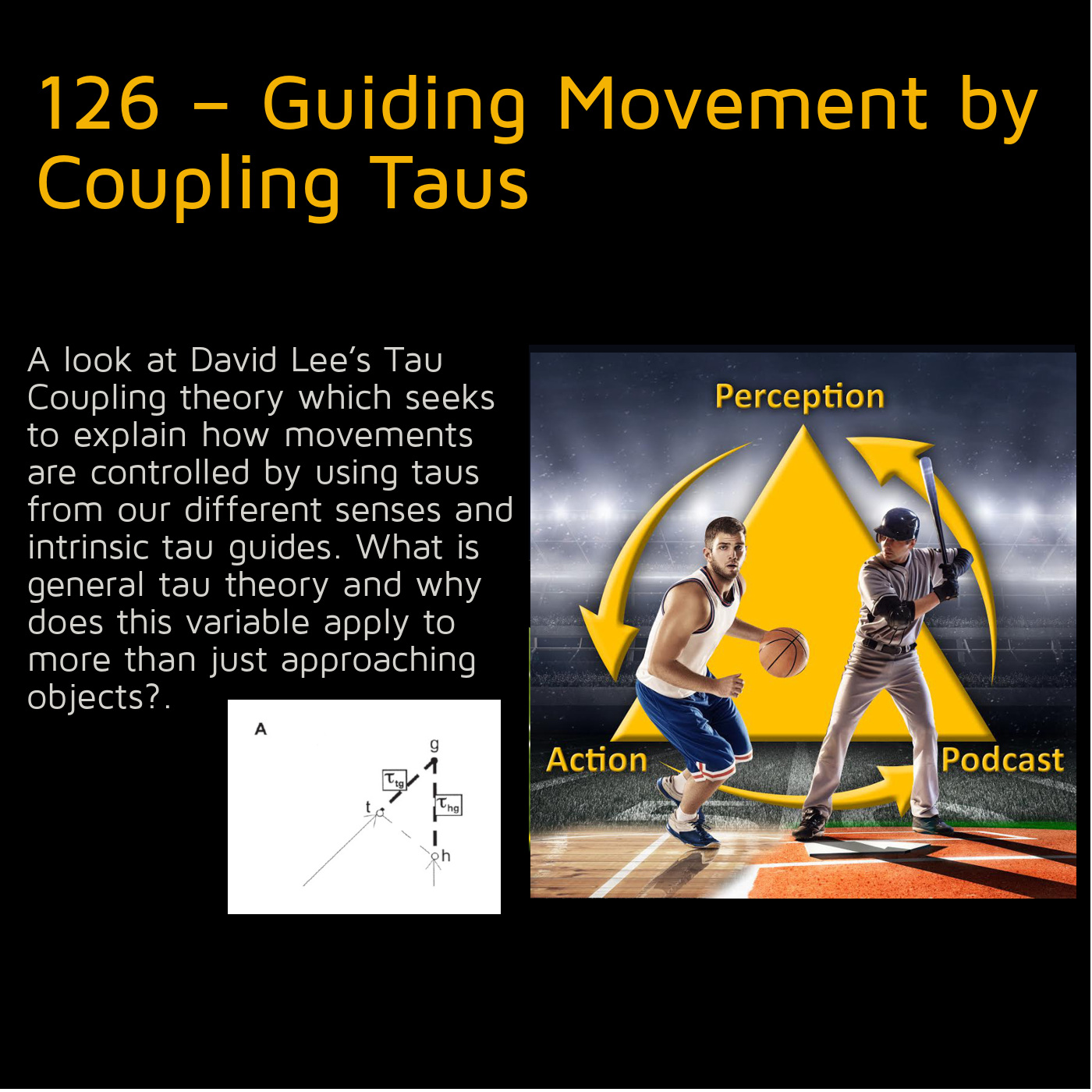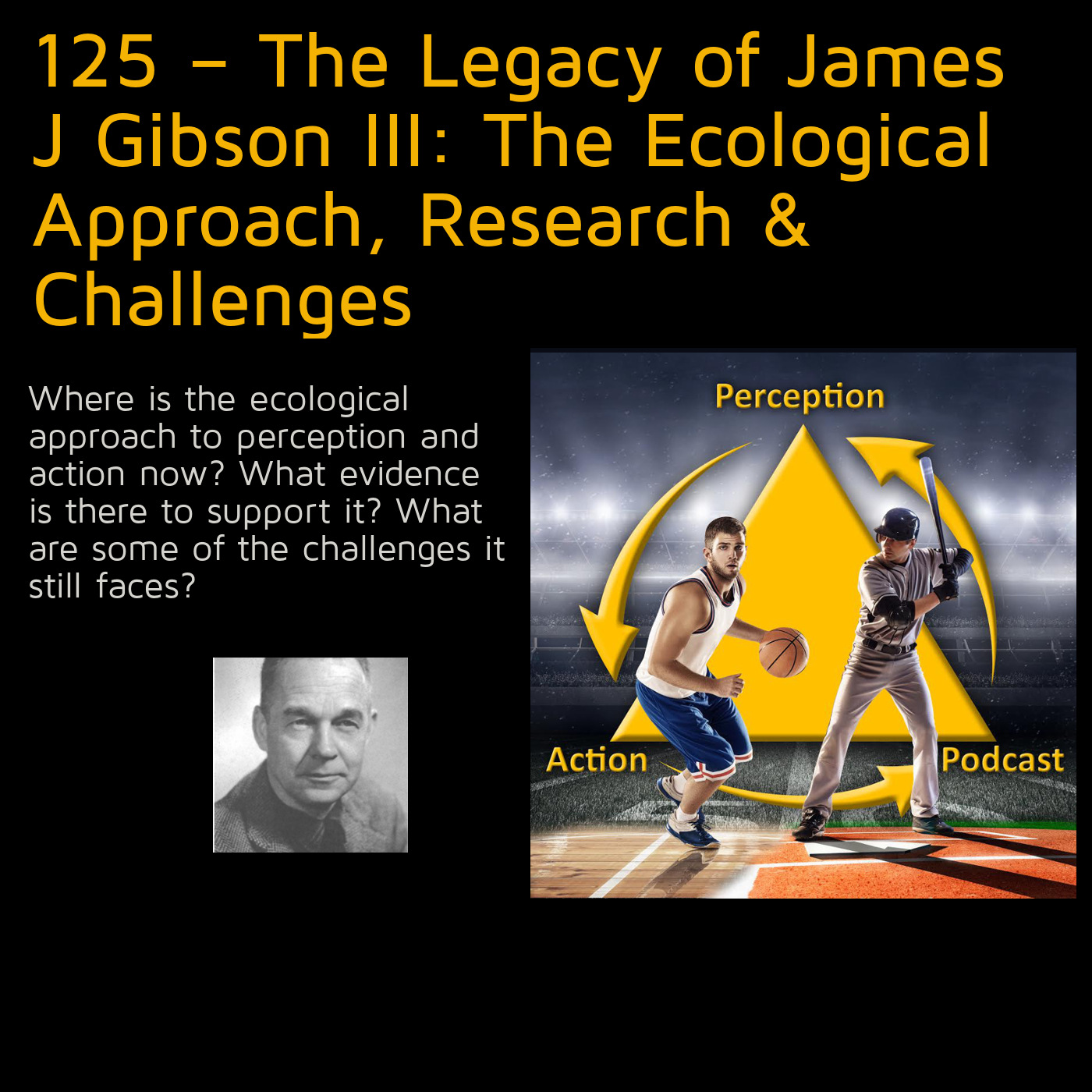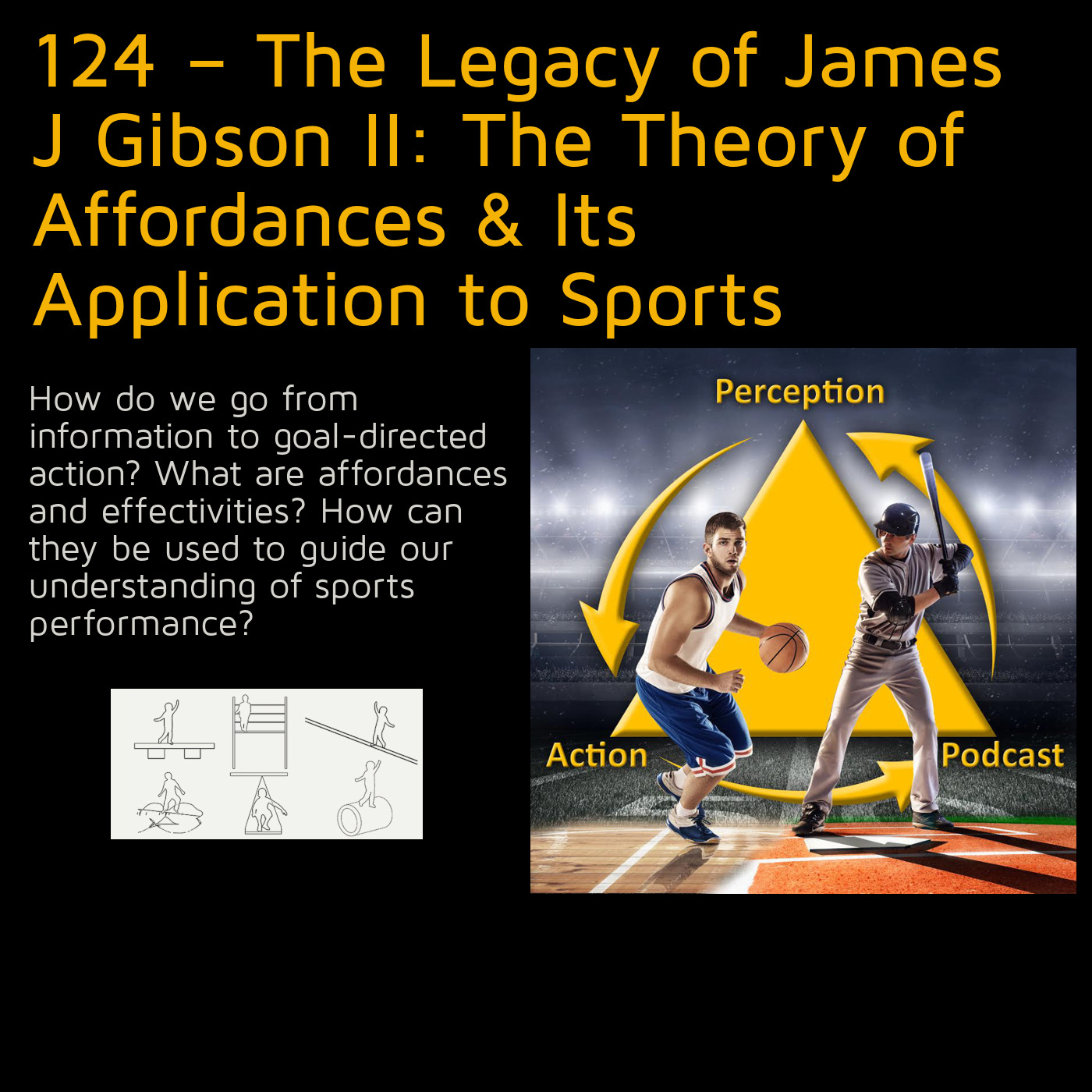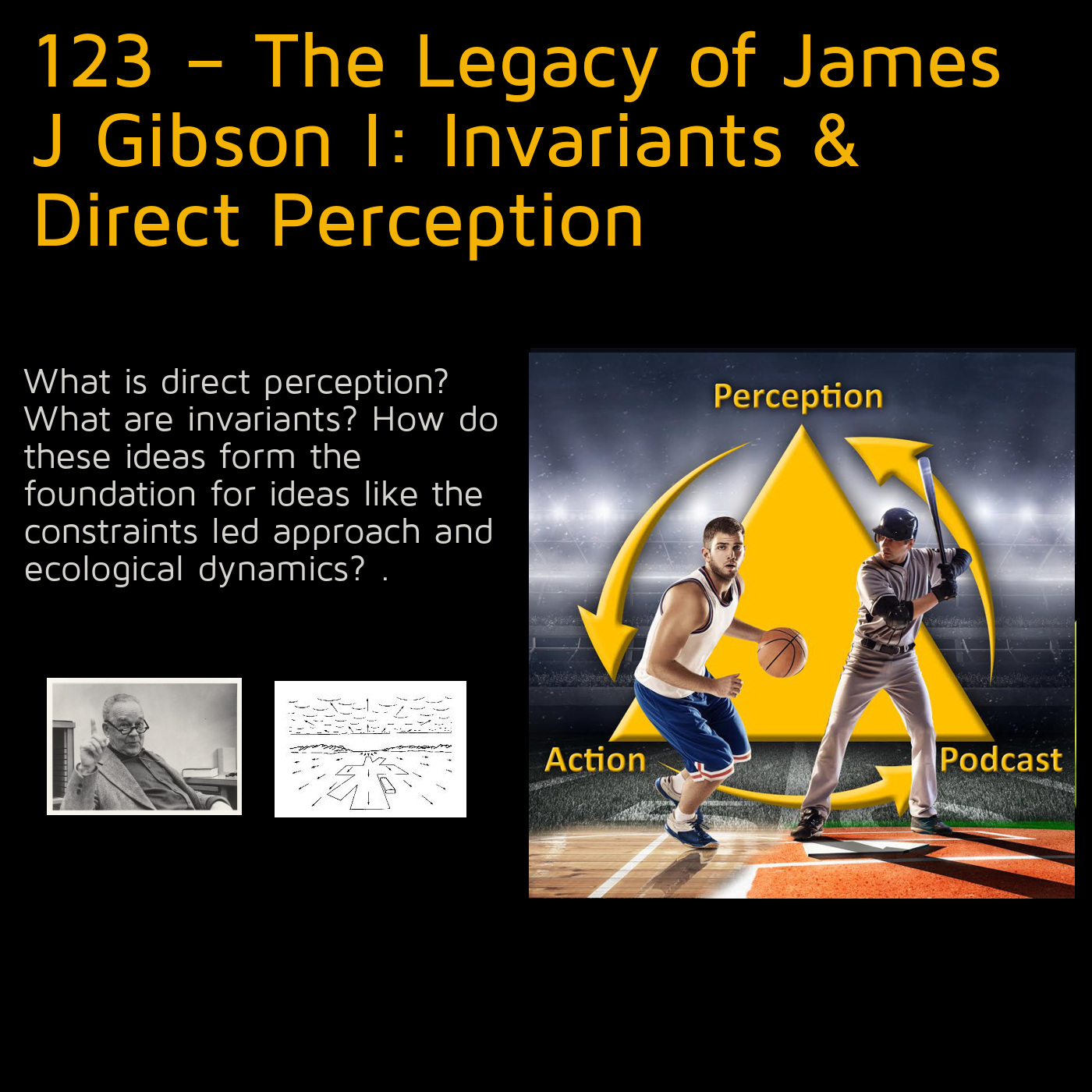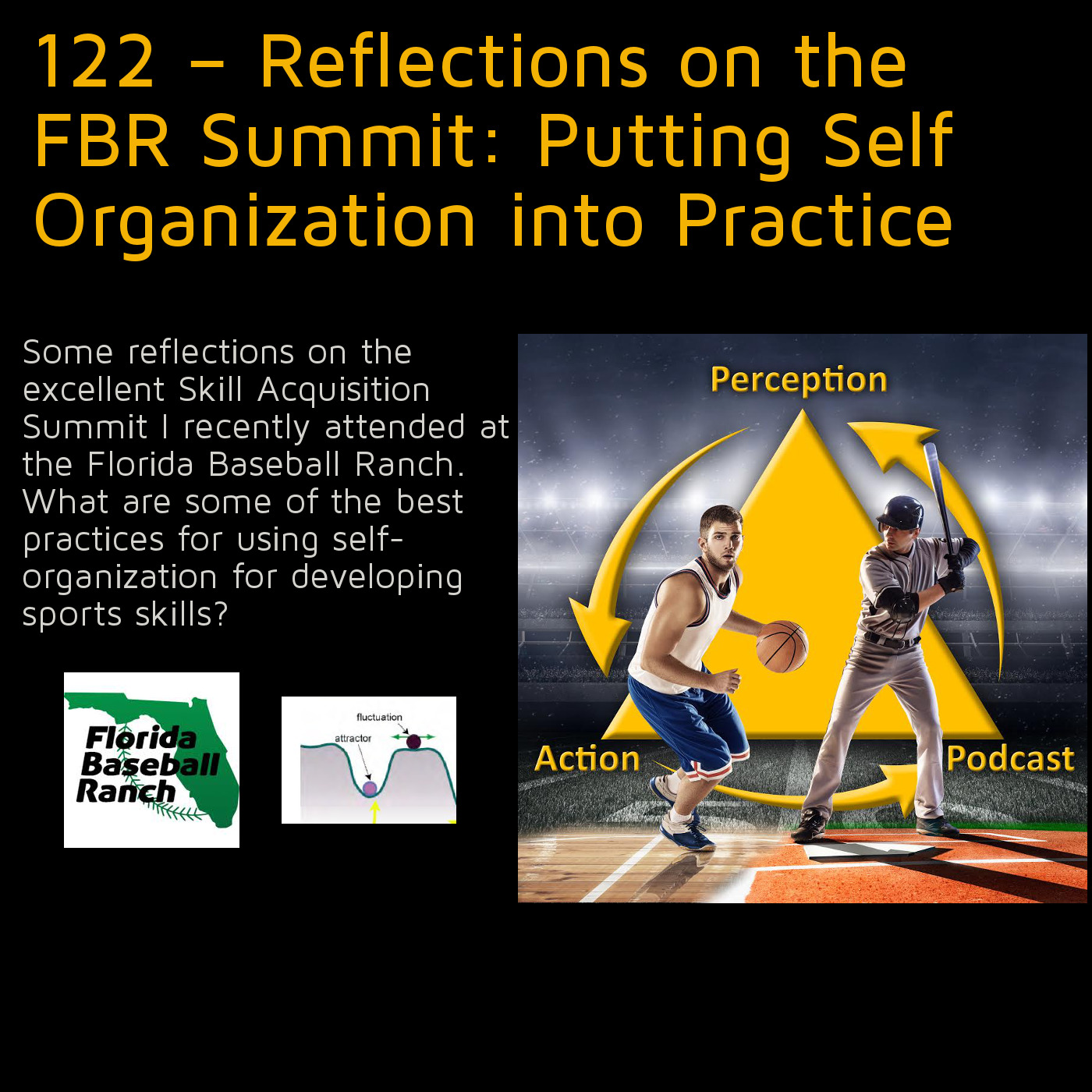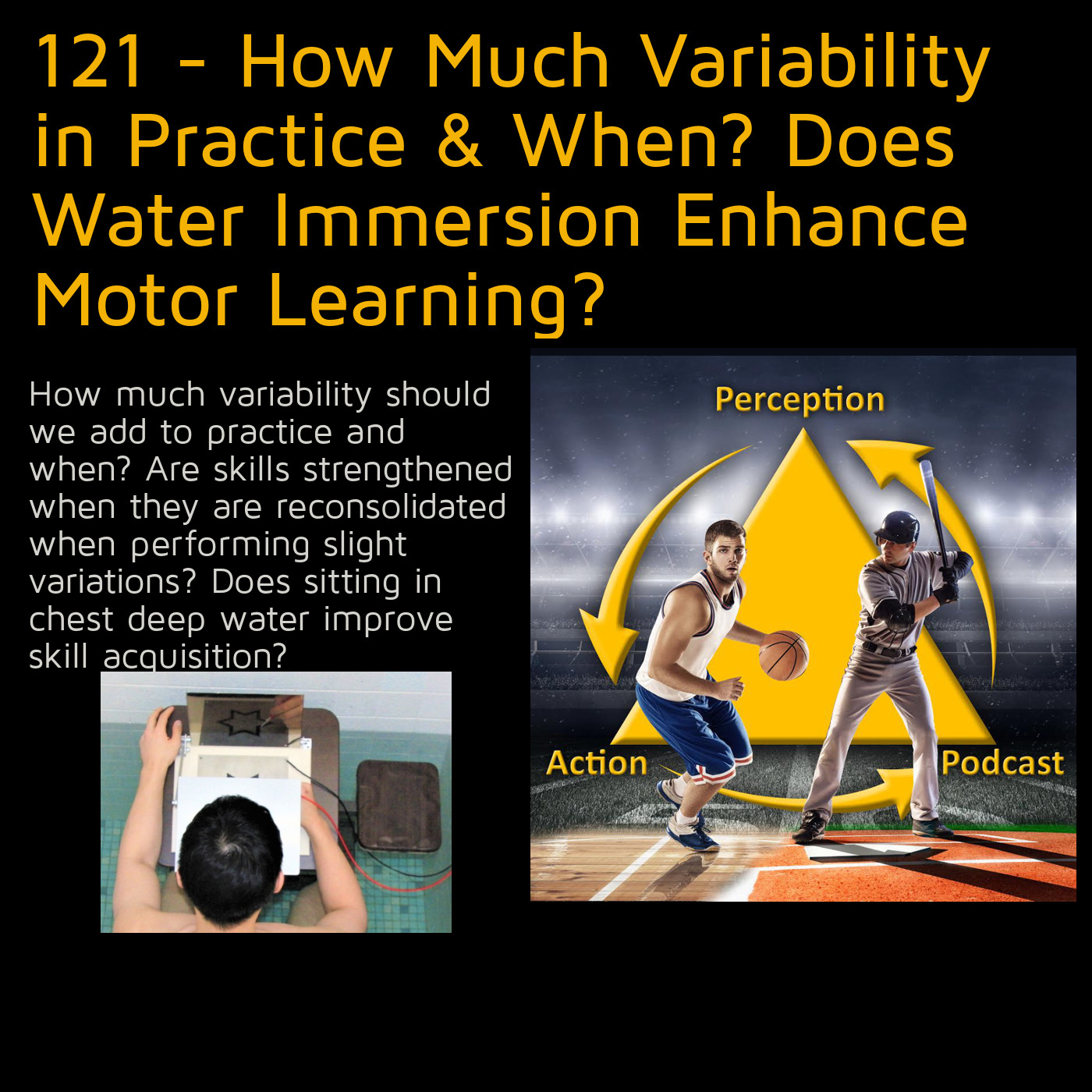130 – Designing Affective Practice II: Emotion as a Constraint, Role of a Coaches’ Emotions
130 How do the emotions of an athlete constrain the movement solutions that emerge in practice? How can they be used an indicator of progress in learning? How might a coaches’ emotions influences skill acquisition and performance? Download link Articles: The dynamics of expertise acquisition in sport: The role of affective learning design Emotional games:…
Read More